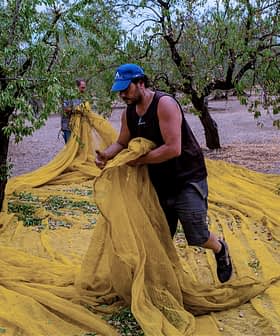FAO Launches Xf Prevention Program in North Africa and Middle East
The program will work to improve the technical capacity of local institutions and farmers and raise awareness on how to prevent the spread of Xf through early detection, diagnosis, monitoring, and phytosanitary measures.
A technical cooperation program has been launched by the United Nations Food and Agriculture Organisation (FAO) with the aim of preventing the spread of Xylella fastidiosa (Xf) in North Africa and the Middle East.
See Also:Xylella Fastidiosa Articles and Updates
The aim of the project to facilitate early detection, diagnosis and monitoring of Xf, a bacteria that has caused the widespread devastation of olive trees in Italy’s Apulia region.
The technical cooperation program will work to improve the technical capacity of local institutions and farmers and raise awareness on how to prevent the spread of Xf through early detection, diagnosis, monitoring, and phytosanitary measures. It began in response to requests by the governments of the seven target countries, which include Algeria, Egypt, Lebanon, Libya, Morocco, Palestine and Tunisia.
The program was officially launched in Tunis on August 29, 2016 with a five-day workshop that addressed the planning of activities related to the project, and the designing of an action plan for its operational implementation.
Following the detection of Xf in olive trees in Apulia in 2013, the bacteria later spread to the French island of Corsica and southeastern France in 2015. Prevention measures such as the program launched by the FAO are seen as imperative to prevent the potential spread of Xf to other regions of the world.






